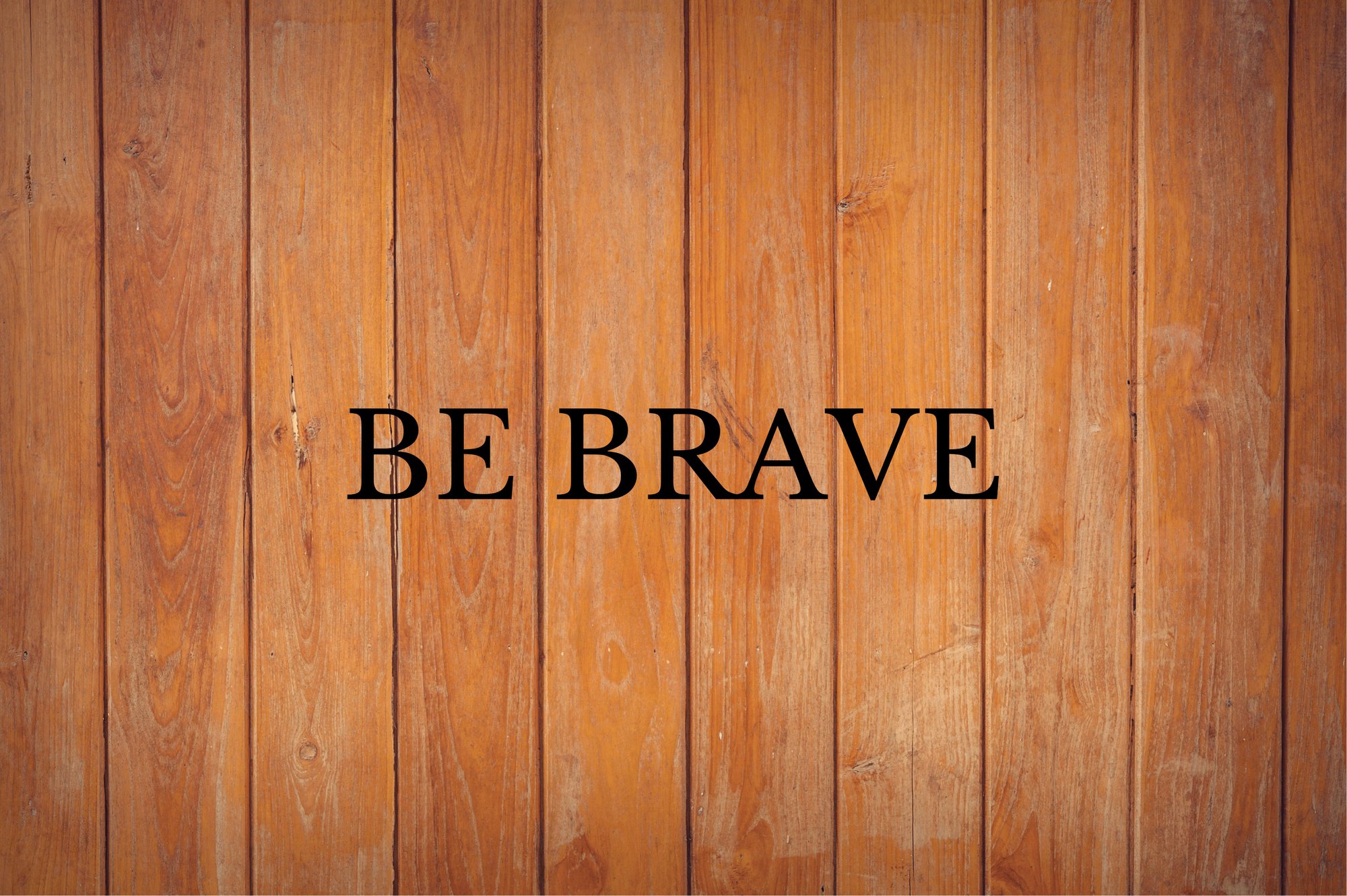When we think about what it means to be brave, we often think about taking physical risks, but there’s another type of courage we can consider: emotional bravery.
Being brave this way means being open and vulnerable. It means allowing people to really see you, thereby risking rejection, misunderstanding, and disapproval.
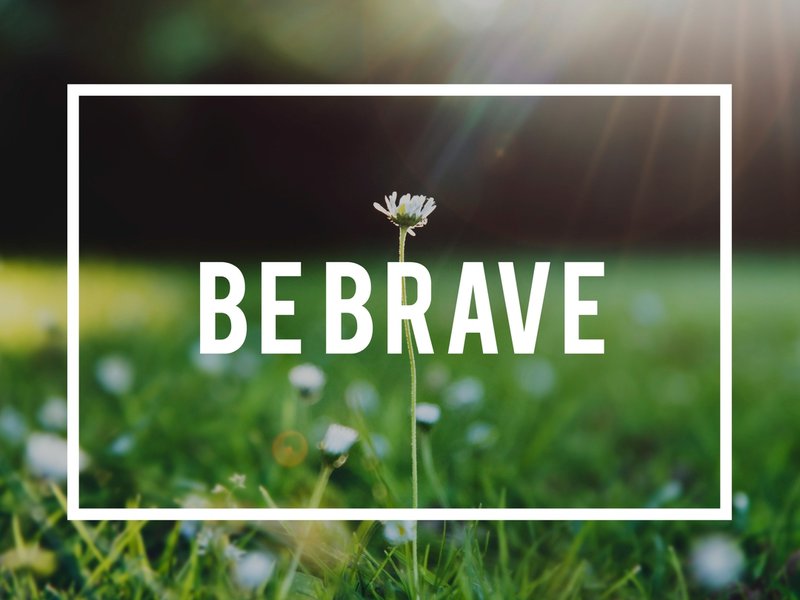
Emotional bravery is harder than physical courage
For many people, it’s a lot easier to be physically brave than it is to be emotionally courageous. They’d rather risk having a limb broken than having their heart broken.
This is probably due to the abundance of support for people who have been physically injured and the dearth of emotional support for people who are experiencing emotional pain.
It takes more courage to be vulnerable
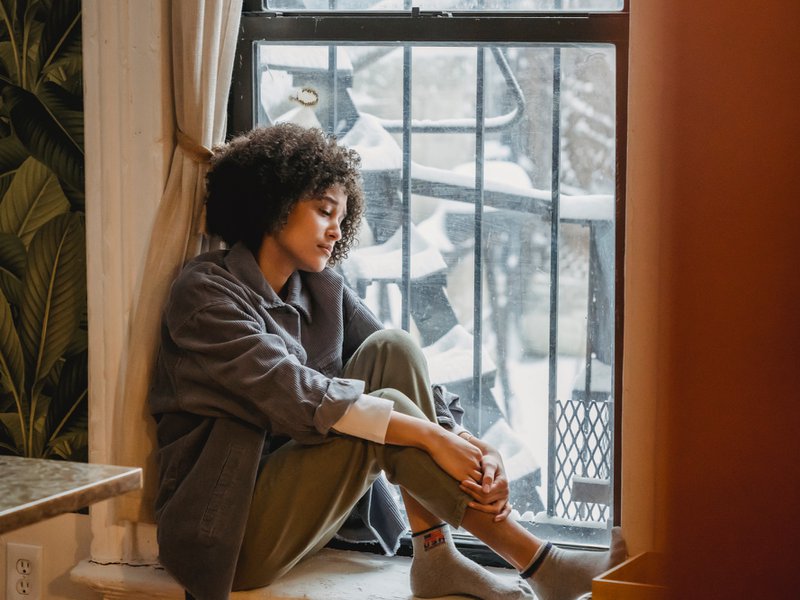
There’s also a tremendous stigma associated with emotional suffering. A grown man can whine and moan about having a head cold and nobody scoffs, but if he even mentions his emotional struggles, he’s more often than not looked at with scorn.
For that reason, it requires a double dose of emotional courage to be vulnerable. We need to brave public opinion at the same time as we’re taking our emotional risks.
The upside of being emotionally brave
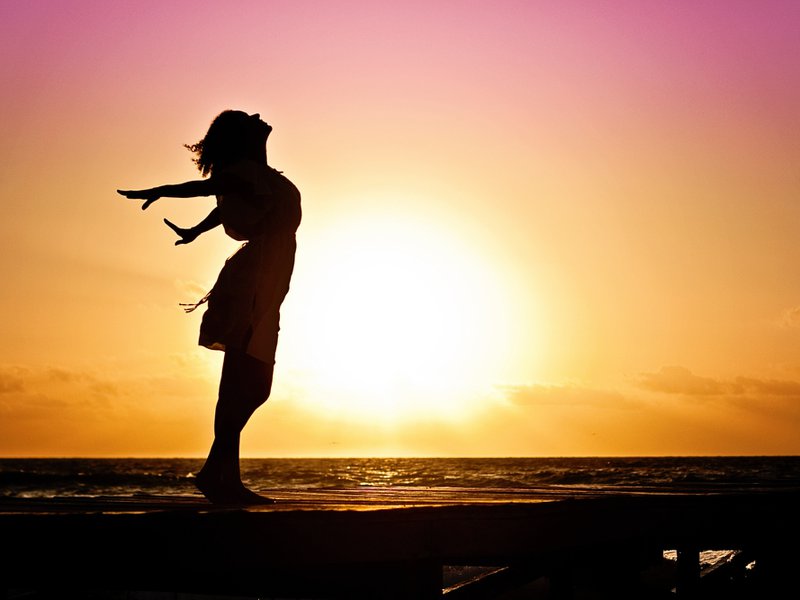
So, what is the upside of emotional bravery? For one thing, it enables us to have closer, more meaningful relationships. We have more life satisfaction. We get to be our authentic selves, which decreases our stress and increases our happiness. We’re more able to find our true community and as a result, we can experience a greater sense of belonging.
As scary as it can be to practice it, emotional courage offers a potentially huge payoff. It can lead to greatly improved mental health and physical well-being. Decreased stress and increased happiness has a direct impact on our overall quality of life.
So, I invite everyone to think about how to be braver, emotionally. I invite everyone to try doing one thing that’s a bit scary or risky on a feeling level.
Vulnerability: the path to genuine connection
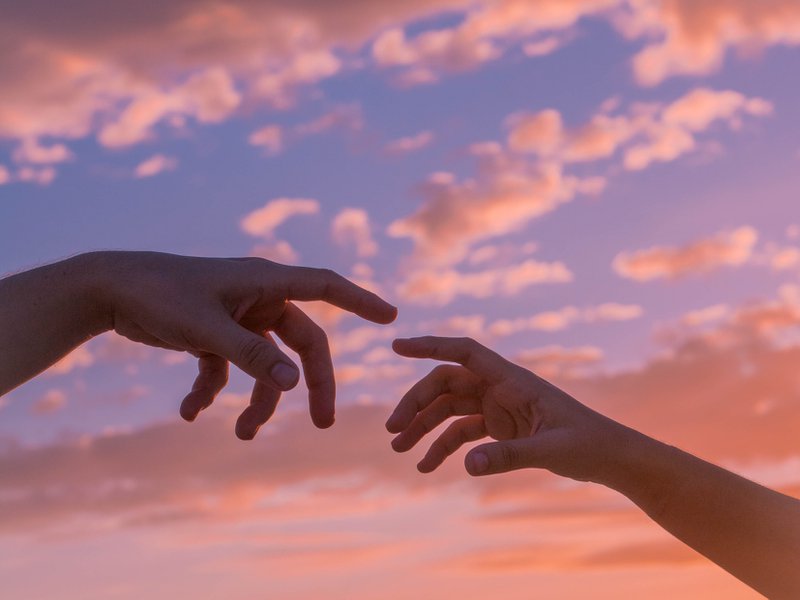
And you should know that if you’re scared of being misunderstood or judged or rejected, remember that being more vulnerable is a great test of the people around you. If you show them your real thoughts and feelings and they don’t get you or they reject you, it’s important information about them.
As long as you understand that the other person’s reaction to you is about them, not you, it’s less painful if they reject you. And as long as you understand that if they judge you or criticize you, it’s their problem, not yours, you can use these experiences as powerful opportunities for learning.
Being more open emotionally can help you see who your real friends are and who are merely frenemies. It can help you to walk away from anyone who isn’t able to accept you for exactly who you are.
Emotional bravery: the courage to be our authentic selves
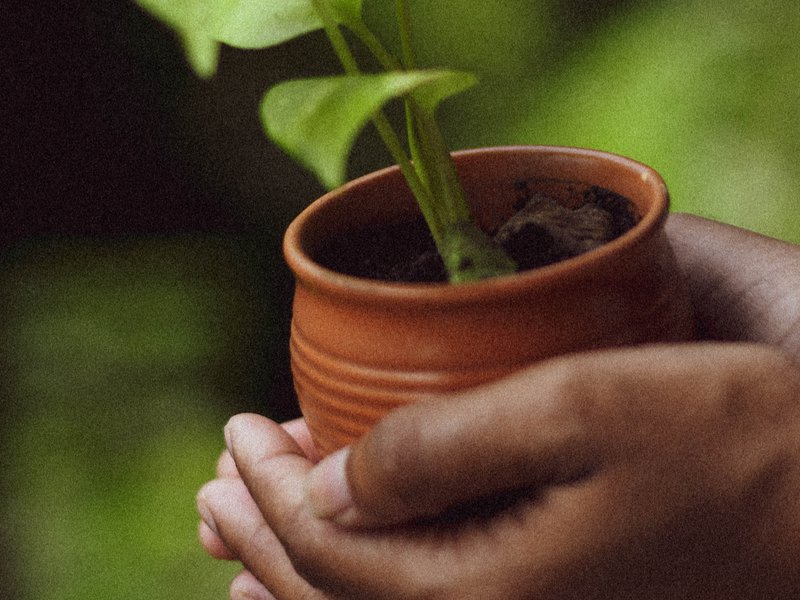
It takes a lot less effort to just be ourselves. It’s a lot more fun to be genuine. It’s a drag, constantly trying to be the way we think other people want us to be. Being emotionally brave enables us to waste a lot less time and energy on people-pleasing.
And people-pleasing is guaranteed to never make us happy. When we try to be what others want they might enjoy our pleasing persona, but they don’t get to see who we really are. We aren’t being loved for our true selves. We expend all that effort but we’re left exhausted and resentful and devoid of genuine affection.
The only way to be loved for our authentic selves is to show people who we are. Yes, some of them might not like us or want us, but we will know for certain that the love we’re receiving from those who stick around is the real thing. And that is very gratifying.
Being emotionally brave means never having to worry whether the people in our lives care about us or not. And that is very reassuring.
Emotional courage isn’t easy but clearly, it’s worth it. Why not give it a try?
______
Sign up here for my free bi-weekly wellness newsletter that brings you fresh, thought-provoking content.
Subscribe to my YouTube Channel where you’ll learn simple tips for taking the best care of yourself and your loved ones.
Tune in to my Ruthless Compassion Podcast where I go in-depth about topics like mental health, trauma, and loneliness.

